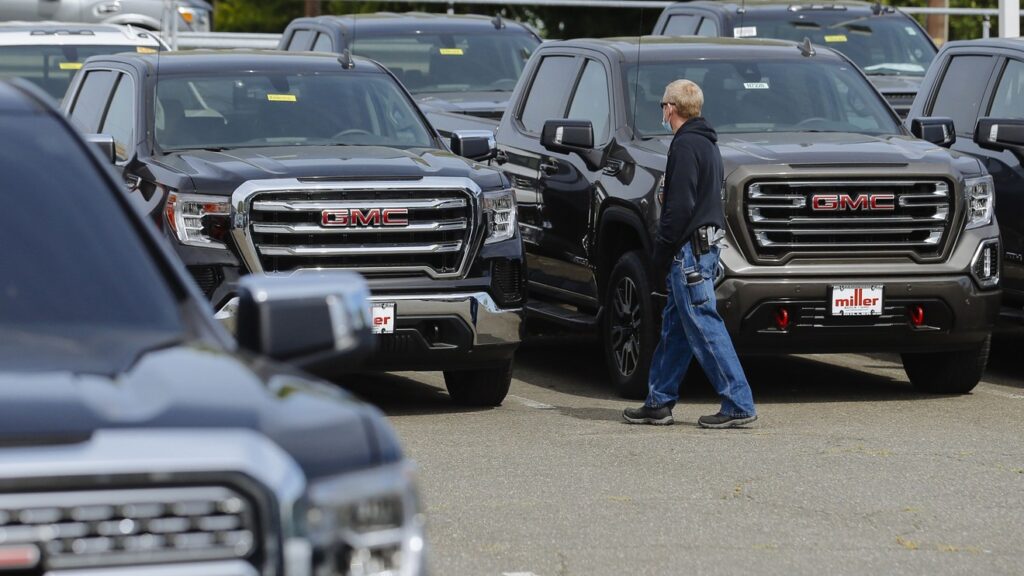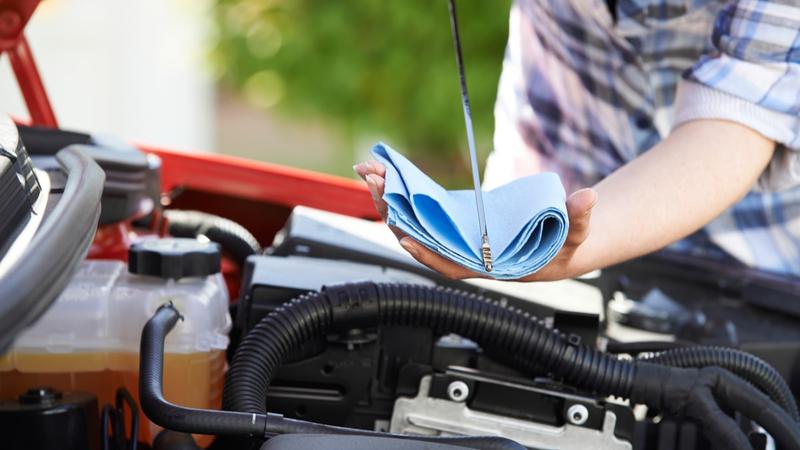Things To Know Before Buying a Car
Car buying can be a stressful experience, but there are things you can do to make the process go more smoothly. Before you even step foot on the dealer’s lot or take a vehicle out for a test drive, consider doing some research to arm yourself with the important information you need to be a smart shopper.
Check Out Your Credit Report
Buying a car is a big purchase, so financing should be at the top of your to-do list before you even start looking at potential vehicles. If you don’t already know your credit score, it helps to find out. The higher the credit score, the better chance you have of negotiating a lower interest rate on an auto loan.
Review Your Loan Options
Now that you have your credit in great shape (or at least improving), it’s time to think about how to finance your next vehicle.
Discover Your Car’s Trade-In Value
If you currently have a car that you plan to trade in, don’t wait for the salesman to tell you what it’s worth. Do some research on your own to get a good sense of its value.
Determine Your Desired Payment
It’s important to understand the factors that impact your auto loan terms and fees so that you can figure out what monthly payment you can afford.

How To Buy A Used Car
They are a great option, however, many people shy away because they are not educated about the steps to buying a used car. They are worried they’ll buy a lemon or get suckered into a bad deal.
Getting some advice for buying a used car is a great first step. To help you out, we’ve put together this used car buying guide. It packed with great tips, advice and important considerations.
Why Should You Buy A Used Car?
We’ve all heard the saying before – the minute a new car is driven off the lot, it depreciates in value. Just how much does it depreciate? According, a new $30,000 vehicle depreciates just over $2,500 in the first minute!
On average, a new car depreciates about 11% the moment it’s driven off the lot, and it continues to depreciate between 15%-25% each year. So for a $30,000 car here is how much depreciation will cost :
Cost Of Depreciation After Year 1 : Depreciates about more than $5000 – your new $30,000 car is now only worth $25,000.
Cost Of Depreciation After Year 5 : Depreciates by almost $18,000 – for a loss of about 60% of the car’s original value.
When Is Buying A Used Car A Good Option?
Let’s start by saying that buying used is not for everyone. Buying a used car is very different from buying new. There are a lot more considerations and even risks involved. However, there are also a number of advantages to buying used.

things to know about the online used-car seller
could benefit from the broader shift to online shopping accelerated by the pandemic. With the economic uncertainty and turmoil in the car industry, however, its business model could become more challenging
Car dealerships are under pressure as consumers both delay big-ticket purchases and limit non-essential travel, if the dealerships are open at all,
market has shown more activity in recent weeks, with the biggest deal of the year pricing at the higher end of its price range
price of at $22 a share was upped from a previous range of $18-$20. The company is offering about 21.25 million shares, for a market capitalization of around $2.48 billion.
Coronavirus impact
Despite the focus on online sales, was not immune to pandemic-related declines in business. “The COVID-19 pandemic has impacted us in a number of ways, including an adverse impact on our e-commerce operations,” said in its prospectus.

Important Things You Should Check on Your Car Regularly
Owning a vehicle is not cheap. Looking beyond the price tag on any new or used car to what’s required to keep your vehicle operating safely may make your eyes pop out.
What’s more, fuel tends to be the costliest annual expense for drivers at an average of $1,500 for a compact vehicle, the notes. Also, routine scheduled maintenance costs – oil changes, replacing air filters – can range from $500 to $700 a year. The estimate doesn’t include the cost of replacing old tires or purchasing winter tires.
The Oil
The oil in your car keeps everything running smoothly, and your car can’t run without the right level of oil. You can check your oil level by simply pulling out the dipstick and seeing where the oil level is. Note the colour of the oil on the dipstick: is it black or gold? If it’s black, you should take your car in for an oil change. On that note, get oil changes on a regular basis as recommended by your vehicle manufacturer or mechanic.
The Tire Pressure
A tire pressure gauge is an affordable and easy-to-use tool that can prevent a flat tire. Be mindful that tires that are not inflated properly can cause blowouts while you’re driving and may lead to an accident. They can also leave you stranded on the side of the road, especially if you are not subscribed to a roadside assistance program. Additionally, the wrong level of inflation affects your fuel efficiency. It’s important to check your tire pressure regularly and be aware that the right tire pressure may change based on the outside temperature. Check with the tire manufacturer for the right pressure.
The Brakes
Don’t wait for that screeching sound that tells you the brake pads are getting old. Having your brakes checked regularly by a pro keeps your car safe and on the road. If there is one thing on your vehicle you don’t want to take for granted, it’s the brakes.
Things to Check Before Buying a Used Car
So, you’ve settled that all-important question of whether to buy a new or used car. Buying used can be a great way to get on the road without the hefty price tag of a new vehicle. But, how do you know a pre-owned vehicle is everything it was chalked up to be in the online ad?
Vehicle history
Get as much information as you can from the current owner and then do your own research. Running the VIN (vehicle identification number) through a paid service like CARFAX will tell you if the car has been in an accident, if there are any liens on it, and if there are any recalls on the model.
Rust or paint damage
Take a walk around the car and keep an eye out for any rusty spots or paint chips. Small, localized rust patches aren’t necessarily a deal breaker because they can be fixed fairly easily. If there are places where the metal is totally rusted through, you might want to reconsider the purchase.
Frame issues
While you’re walking around the vehicle, you should also look for problems with the frame. Is the car sitting level on the ground? Is there anything hanging from the undercarriage? Pay close attention to the bumpers and look inside the trunk and hood for new bolts or warping that could indicate a recent accident.
Under the hood
The engine is the most important part of any vehicle. With the car turned off, pop the hood and visually inspect the engine for: fluid leaks, corrosion and cracked hoses and belts. Check the oil and transmission dipsticks for discolouration — oil should be light brown, transmission fluid should be pink or red.